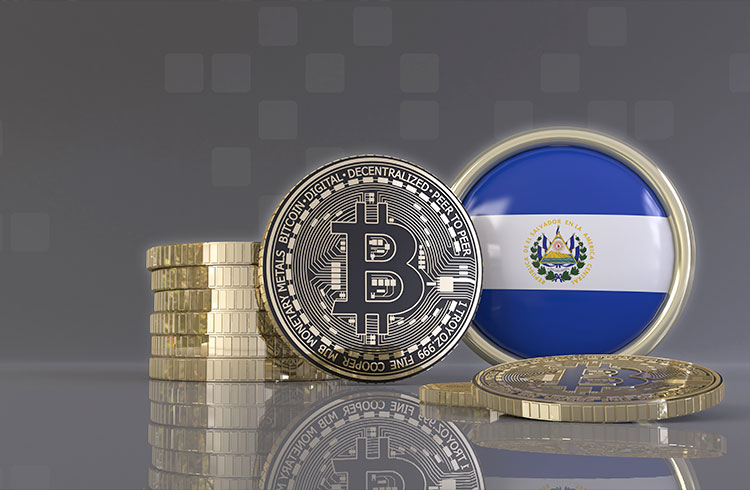The Development Bank of the Republic of El Salvador (Bandesal) has denied a new request from the country’s anti-corruption agency. Thus, contrary to all principles of public administration and blockchain, the government has been hiding the information. The anti-corruption agency wants to know how the country’s Bitcoins were purchased and where they are kept. However, the government denies access to all this information as there are suspicions that Nayib Bukele makes purchases from his own cell phone. The complaint was made by the Office of Legal Advice and Anti-Corruption of El Salvador (ALAC). According to the entity, the banking institution twice refused to provide the required information. Bandesal said he cannot and will not provide the details. According to the institution, information related to the purchase of Bitcoins by the government “is reserved”. Therefore, being under this type of classification, the bank is prevented from providing the data required by the anti-corruption office. In this sense, Bandesal claims that the rejection of the request aims to “safeguard the interests of the bank and the other parties involved”.
Transparency?
The Development Bank of the Republic of El Salvador plays an important role in Bukele’s policy on Bitcoin. The institution was chosen by the Legislative Assembly to create a USD 150 million trust fund dedicated to the crypto sector. The purpose of the fund is to assume the risk that Salvadoran citizens may take when operating with Bitcoin, given its volatility. The fund was also used to offer a bonus to Salvadorans who registered for the Chivo wallet, developed by the local government. According to the ALAC, Bandesal’s first refusal to provide information was a year ago. At the time, the office denounced that the financial institution denied information about the process of contracting the services of Chivo Wallet for the implementation of the national BTC wallet. In general terms, the agency wants to know what moves the Bukele government made in relation to the purchase of BTC. Thus, it requires information on the management of assets in government custody, as well as transactions with BTC. At the same time, they request to know the minutes in which the governing board of the trust approves transactions with Bitcoin. Thus, they also ask to know the current BTC balance of these accounts in addition to their dollar value. As such, requirements include knowing the addresses of cryptocurrency wallets used by the Bukele government to buy and hold BTC and the exchanges involved in the process.
Bitcoin
Added to this is the amount of public funds that the Salvadoran government has earmarked for the acquisition of bitcoins. In addition to the addresses of the wallets associated with the maintenance and operation of the Chivo platform. Finally, the ALAC requested a list of foreign contractors. Thus, this list includes companies and individuals, “that the government paid for Bitcoin-related projects in 2021”. However, the Development Bank of the Republic of El Salvador is not the only state body that has refused to provide this type of information. Thus, the Presidential wing itself, the Ministry of Economy, Finance, the Central Bank and Congress also do not want to report on bitcoin movements in the country.

